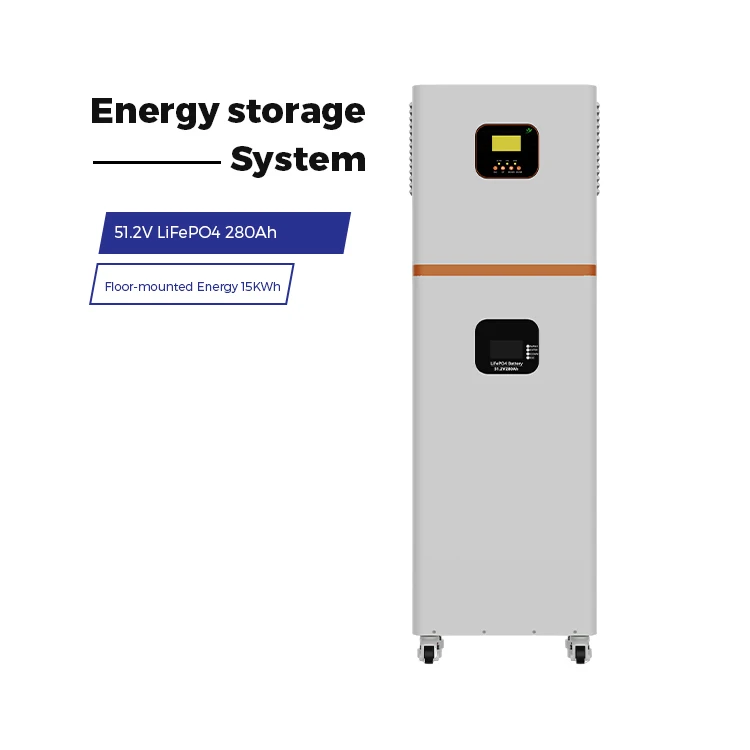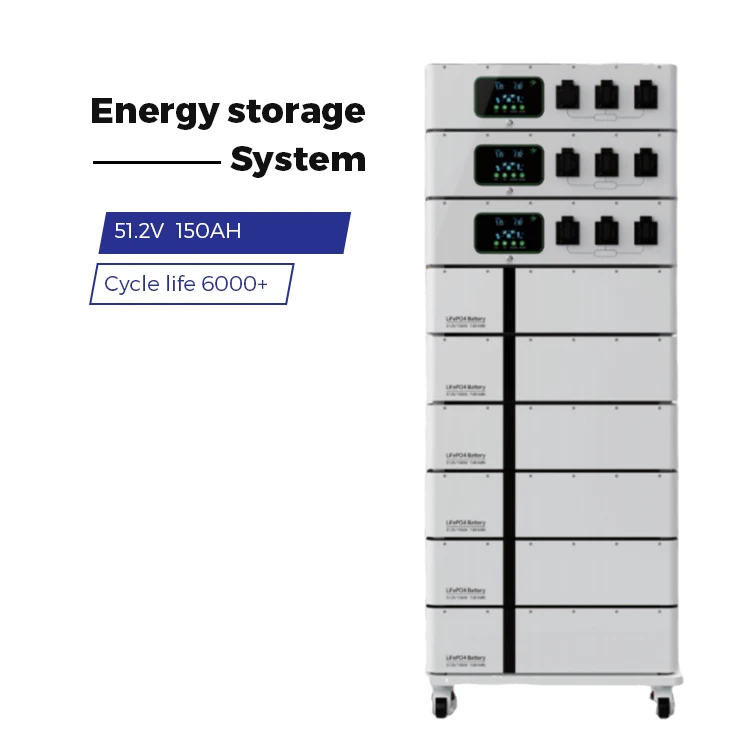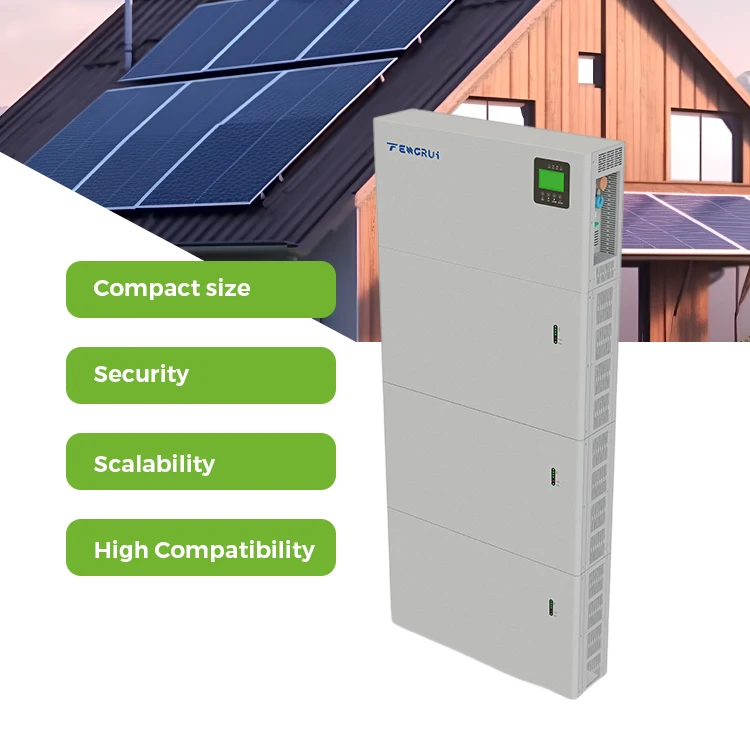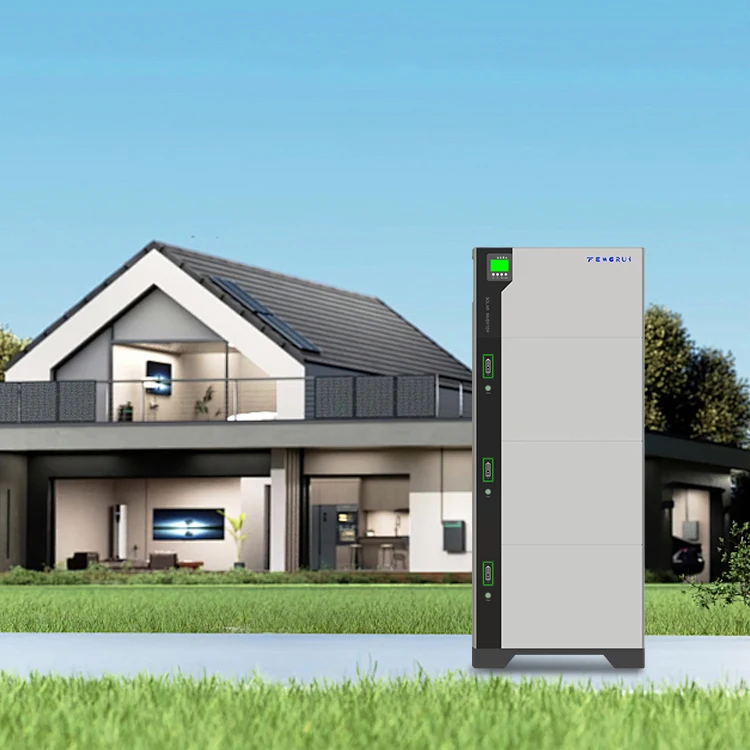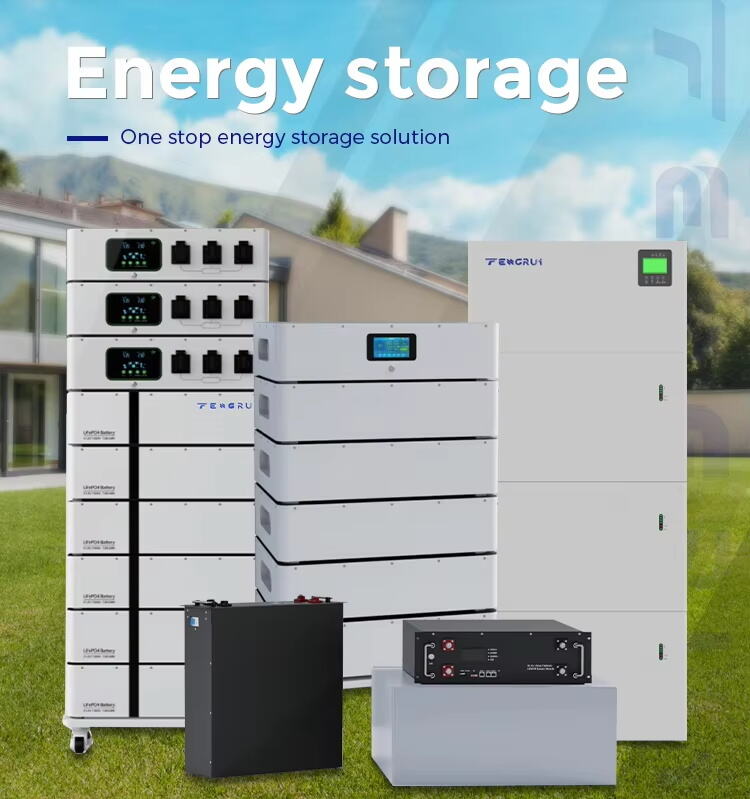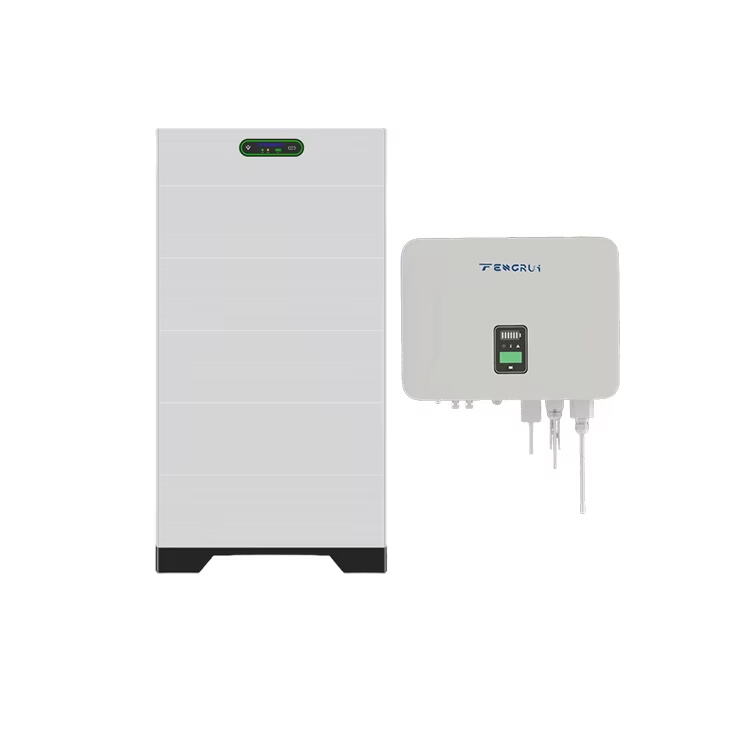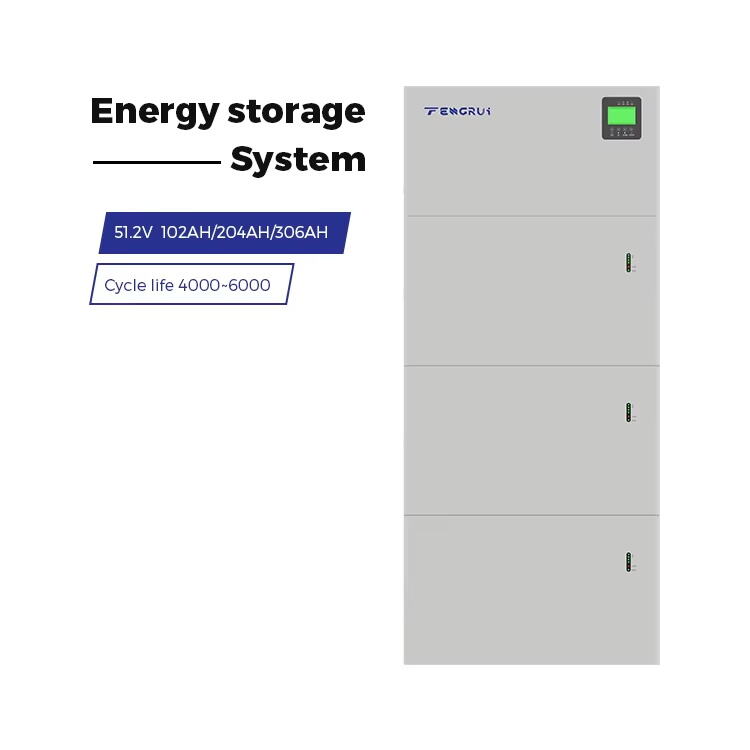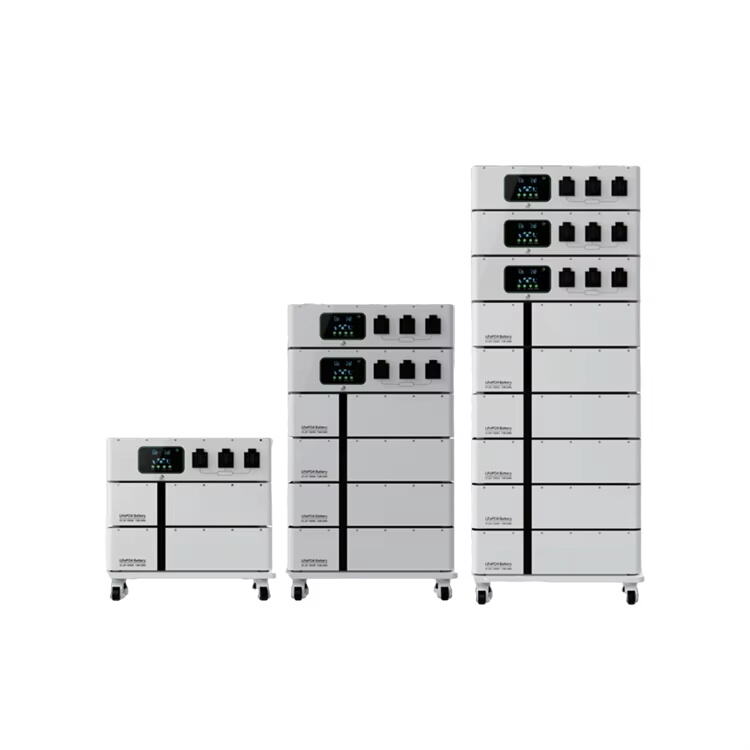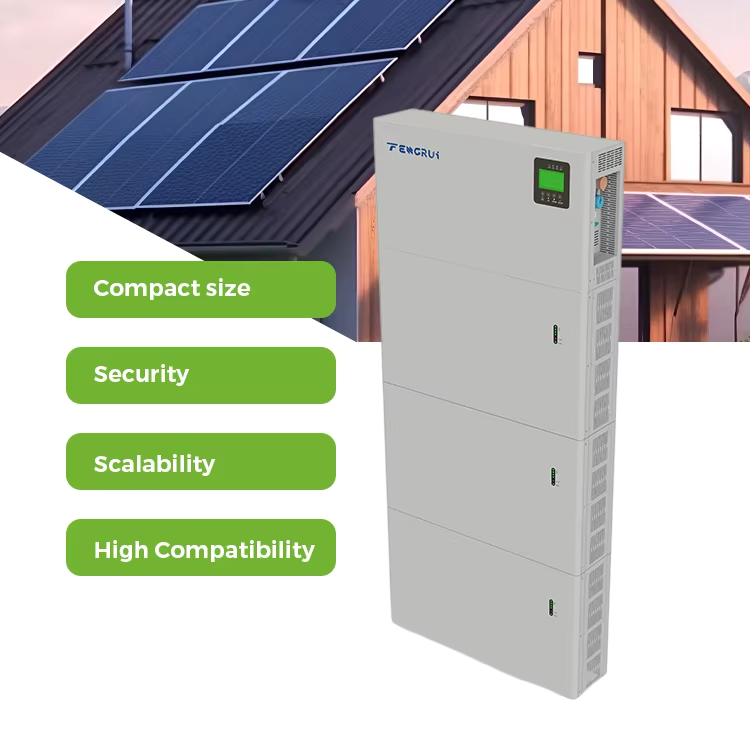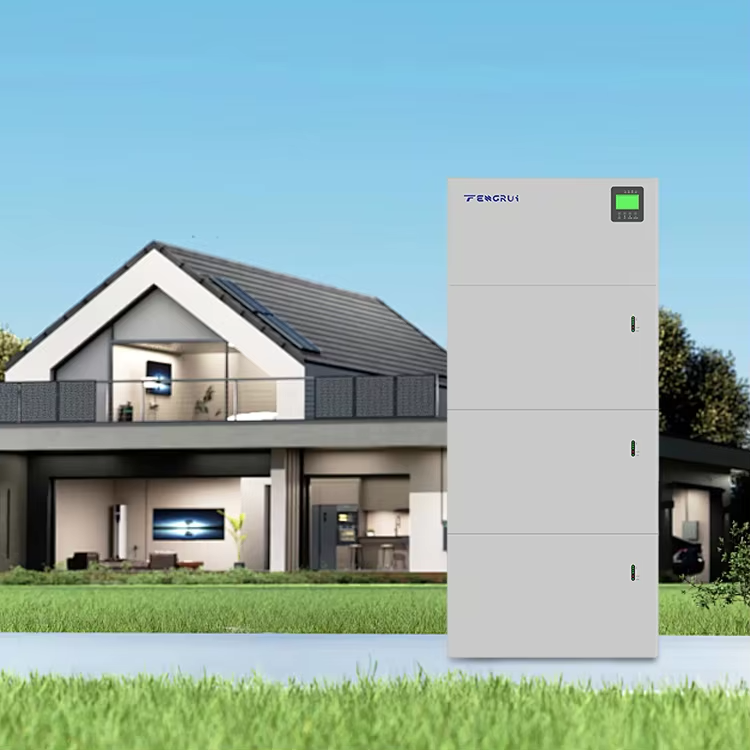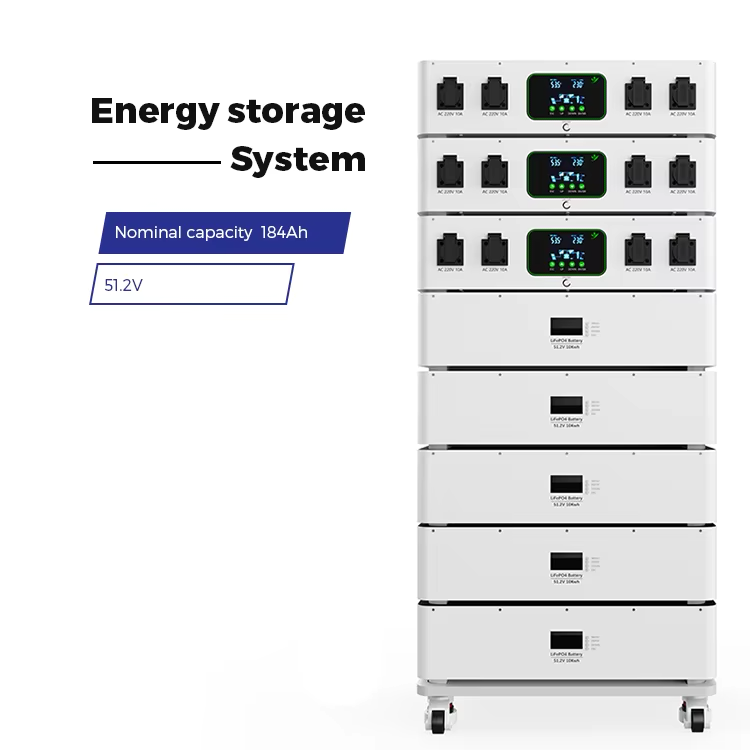hibridinė energijos saugykla
Hibridinė energijos saugyklos sistema atstovauja revoliuciniam požiūriui į jėgos valdymą, jungiant kelis saugybos technologijas į vieną integruotą sprendimą. Ši sofistikuota sistema paprastai įtraukia įvairias saugojimo metodus, tokiais kaip baterijos ir ultrakondensatoriai, dirbančius kartu siekiant maksimaliai padidinti efektyvumą ir patikimumą. Sistema protingai valdo jėgos skirstymą, naudojant kiekvieno saugyklos komponento unikalias galimybes, tuo pačiu kompensuodama individualias ribotumo puses. Jos pagrindu hibridinė saugyklos sistema taiko išplėstus valdymo algoritmus, kad optimizuotų energijos srautą, užtikrinant nuolatinę perėjimų tarp skirtingų saugyklos vidalinių priemonių sąveiką. Technologija pasieks aukščiausius rezultatus pritaikant ją nuo atsinaujinančios energijos integravimo iki tinklo stabilizavimo ir elektros transporto sistemų. Naudojantis keletu saugyklos technologijų, sistema gali veiksmingai kontroliuoti tiek trumpalaikes jėgos svyravimus, tiek ilgalaikes energijos saugojimo poreikius. Ši daugiaplyčio ypatybė daro ją ypač vertinga situacijose, kur reikalingi abi: didelis jėgos tankis ir ilgas energijos talpa. Sistemos pritaikomumas leidžia jiems dinamiškai reaguoti į kintančias apkrovos reikalavimus, laikydami stabilų jėgos išėjimą ir maksimizuodami energijos efektyvumą. Montavimo reikalavimai yra tipiškai moduliniai, leidžianti skalituoti ir pritaikyti pagal konkrečius energijos poreikius ir privalomas programinės įrangos reikalavimus.

